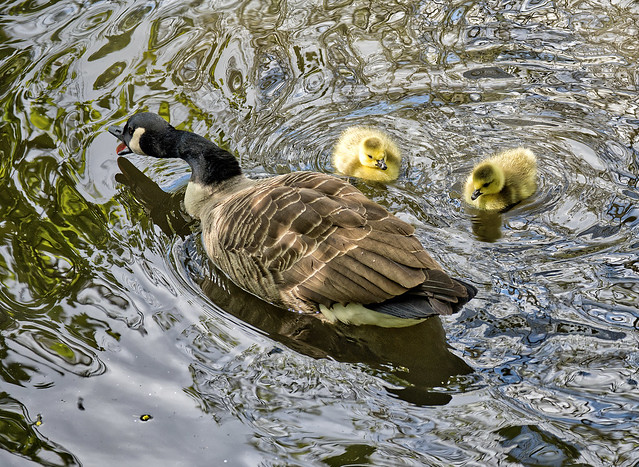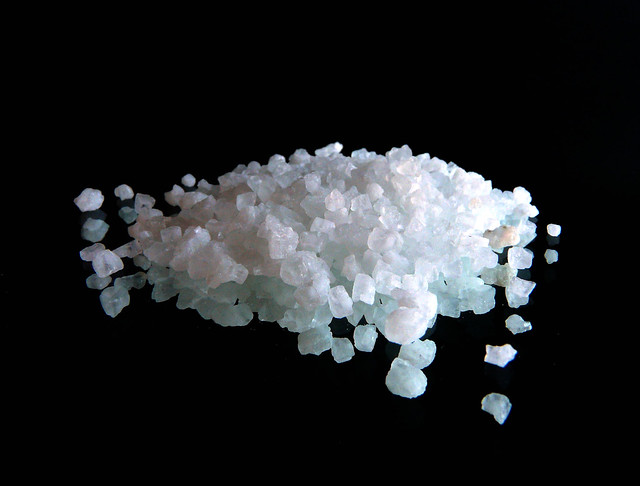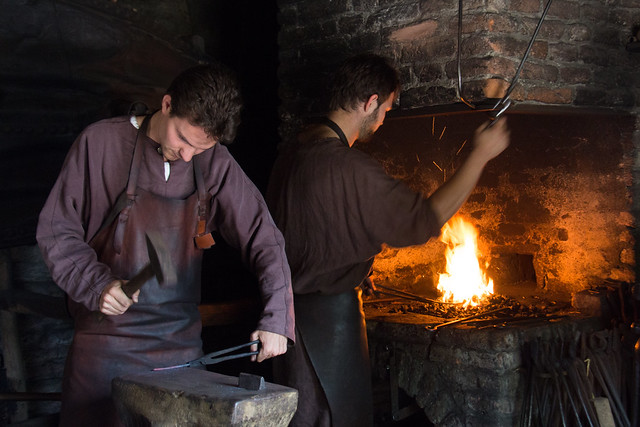Today we’re looking at the words for niece and related people in Celtic languages.
Words marked with a * are reconstructions.
| Proto-Celtic | *nextī = niece |
|---|---|
| Old Irish (Goídelc) | necht = niece, grand-daughter |
| Middle Irish (Gaoidhealg) | necht, neachd = niece, grand-daughter |
| Irish (Gaeilge) | neacht [n̠ʲæxt̪ˠ] = niece garneacht = grand-niece |
| Scottish Gaelic (Gàidhlig) | nigh [n̪iːj] = daughter, niece |
| Proto-Brythonic | *nėθ = niece |
| Middle Welsh (Kymraec) | nith = niece |
| Welsh (Cymraeg) | nith [niːθ] = niece gor-nith = great-niece |
| Old Cornish | noit = niece |
| Middle Cornish (Cernwec) | noit = niece |
| Cornish (Kernwek) | nith = niece |
| Old Breton | nith = niece |
| Middle Breton | nyz, niz = niece |
| Breton (Brezhoneg) | nizh, nizez = niece gou(r)nizez = great-niece |
Etymology from the Proto-Indo-European *néptih₂ (niece, granddaughter) [source].
Words in Germanic language the come from the same PIE root, via the Proto-Germanic *niftiz (female descendent, granddaughter, niece), including: Nichte (niece) in German, nicht (female cousin, niece) in Dutch, and the obsolete English word nift (niece) [source].
The English word niece comes from the same PIE root, via the Middle English nece (niece, granddaughter), from the Old French nece (niece, granddaughter), from the Vulgar Latin *neptia (niece), from the Latin neptis (granddaughter) [source].
Other words for niece:
- Irish: iníon deirféar (sister’s daughter), iníon dearthár (brother’s daughter)
- Scottish Gaelic: nighean-pheathar (sister’s daughter), nighean-bhràthar (brother’s daughter), ban-ogha = granddaughter, niece
- Manx: inneen shayrey (sister’s daughter), inneen vraarey (brother’s daughter)
See also the post about daughters.
Sources: Wiktionary, Am Faclair Beag, Online Manx Dictionary, Teanglann.ie, eDIL – Electronic Dictionary of the Irish Language, In Dúil Bélrai English – Old Irish glossary, Geiriadur Prifysgol Cymru, Gerlyver Kernewek, Lexicon Cornu-britannicum: A Dictionary of the Ancient Celtic Language of Cornwall, Dictionaire Favereau, TermOfis, Le dictionnaire diachronique du breton, Etymological Dictionary Of Proto Celtic












